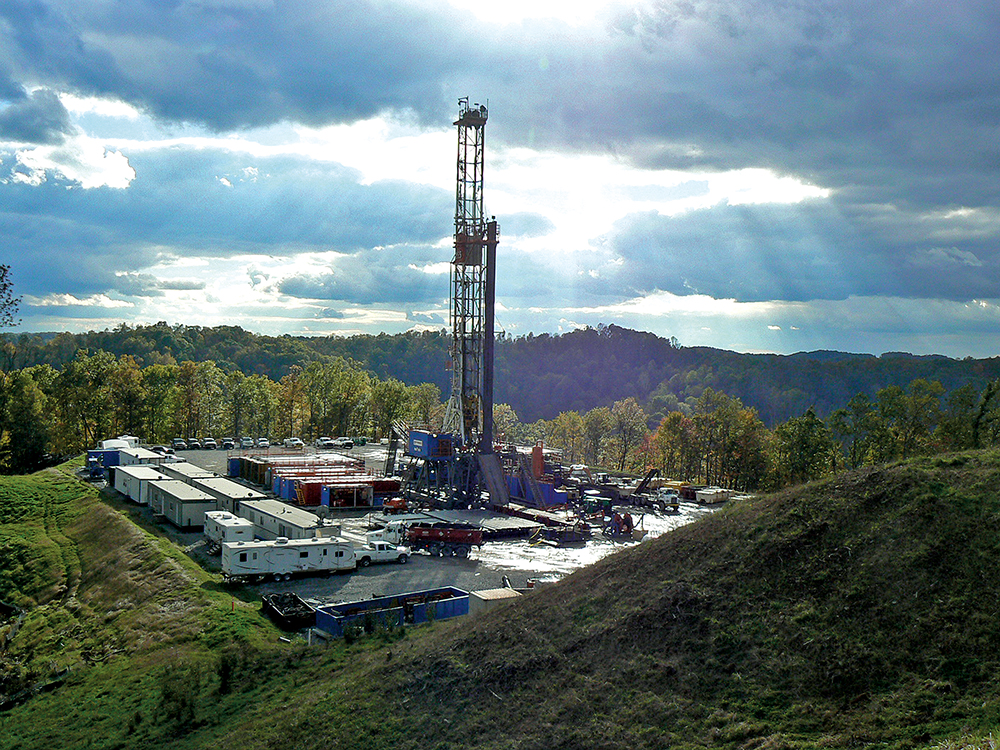
Is There a Certified Natural Gas Conundrum?
The market for certified natural gas has legs but, man, things are getting complicated. Whether you call these differentiated hydrocarbons certified, responsibly sourced, or Nextgen gas, no one can even agree on a name much less a unified, international set of criteria that meets all net-zero targets everywhere. And how many certifications are needed to pronounce some gas superior and worthy of a premium price with the hope producers will recoup their investments?
Reese Energy Consulting today is following the latest news on certified natural gas starting with our Okla. City neighbor Chesapeake, which has now received recertification from MiQ and Equitable Origin of its Marcellus operations producing 4.4 BCFD this quarter. Appalachia has become a poster child for certified gas, with EQT—the nation’s largest gas producer—and Seneca last year achieving certification by MiQ and Equitable Origin for up to 5 BCFD and both launching continuous monitoring pilot programs with Project Canary. Tulsa-based pipeline giant Williams looks to break through the clutter and standardize the low-emissions gas market by becoming part of the certifying process, which will entail gathering emissions and other data for customers that is then validated by a third party.
All of which brings us to LNG. NextDecade has announced FID on its $18 billion Rio Grande facility that will source natural gas from the Permian for export overseas. Its sales agreement with French energy company Ennie is conditioned on Project Canary certifying the feed gas.
